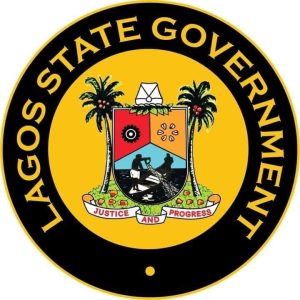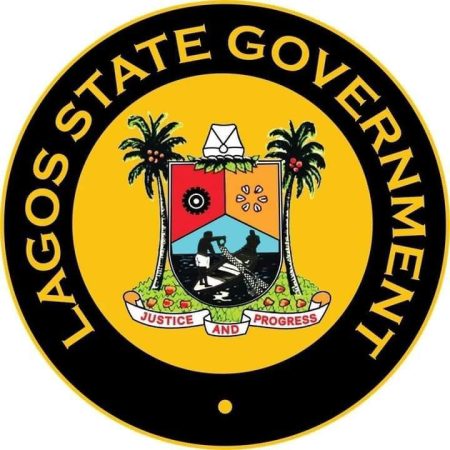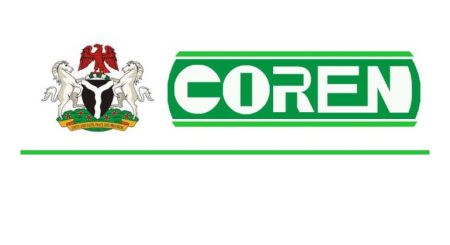The Socio-Economic Rights and Accountability Project (SERAP) has initiated legal action against the Central Bank of Nigeria (CBN) challenging the recent hike in Automated Teller Machine (ATM) transaction fees. SERAP contends that the increased charges are unlawful, unfair, unreasonable, and unjust, particularly impacting vulnerable Nigerians who rely heavily on ATMs for financial transactions. The lawsuit, filed at the Federal High Court in Lagos, seeks a judicial declaration that the CBN’s decision contravenes the Federal Competition and Consumer Protection Act 2018, along with an injunction to prevent the implementation of the new fee structure.
The core of SERAP’s argument revolves around the detrimental impact of the increased ATM fees on financially disadvantaged Nigerians. The new fee structure differentiates between withdrawals made at ‘own-bank’ ATMs located outside branch premises (N100 per N20,000 withdrawal) and those made at third-party ATMs like those in shopping centers or airports (N100 plus a surcharge up to N500 per N20,000 withdrawal). SERAP asserts that this tiered system disproportionately affects low-income individuals who may have limited access to bank branches and are more reliant on third-party ATMs, thus creating a discriminatory two-tiered financial system.
Furthermore, SERAP argues that the increased fees exacerbate existing economic inequalities and contribute to human rights violations for socially and economically vulnerable Nigerians. The organization maintains that access to financial services is crucial for economic participation and that imposing excessive charges restricts access, further marginalizing those already struggling financially. They also posit that the CBN’s decision undermines its own stated mission of advancing the country’s economy and sustainable development, as the increased fees impede financial inclusion and economic growth.
The lawsuit invokes specific sections of the Federal Competition and Consumer Protection Act 2018, alleging that the CBN’s decision violates provisions related to fair competition and consumer protection. SERAP contends that the increased fees are arbitrary and not justified under the Nigerian Constitution, the CBN Act, or the country’s international human rights obligations. The organization seeks to halt the implementation of the new fees through an interim injunction, pending the court’s determination of the case.
SERAP’s legal challenge aims to protect the rights of Nigerian consumers, particularly those from lower socio-economic backgrounds, by ensuring fair and reasonable access to financial services. The organization argues that the increased ATM fees impose undue burdens on vulnerable populations and exacerbate existing economic disparities, ultimately hindering economic progress and sustainable development in Nigeria. The outcome of this lawsuit will have significant implications for the accessibility and affordability of financial services in the country.
This legal battle between SERAP and the CBN highlights the tension between the need to generate revenue for financial institutions and the imperative of protecting consumer rights, particularly those of vulnerable populations. It raises fundamental questions about the role of the central bank in regulating financial services to ensure both market stability and equitable access for all citizens. The court’s decision will be crucial in determining the balance between these competing interests and shaping the future of financial inclusion in Nigeria.














